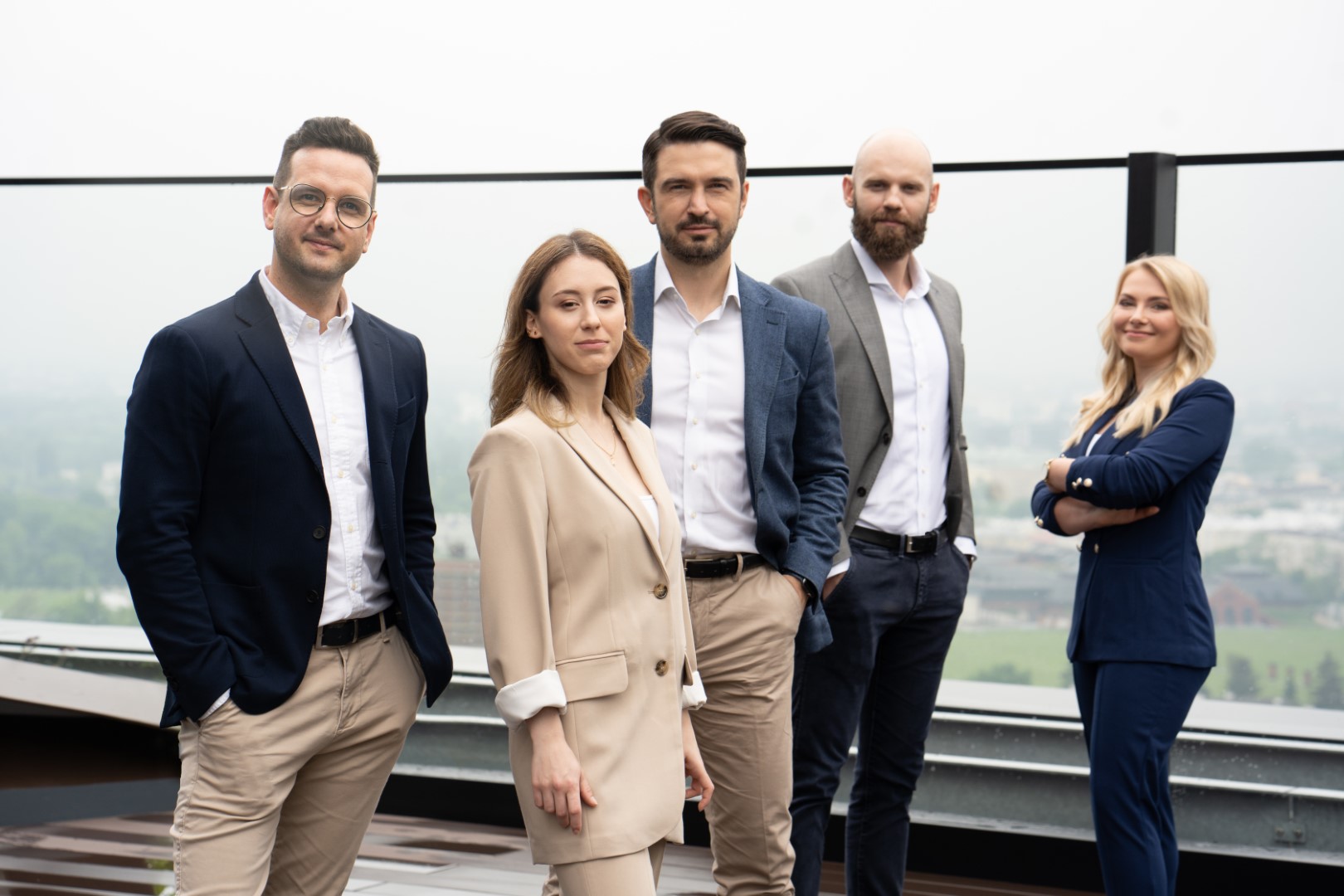We are witnessing the dynamic development of modern technologies and business solutions based on them. The trend was additionally accelerated by the pandemic, which forced entrepreneurs to transfer a large part of their activity to virtual reality.
More and more innovative solutions are used in the insurance industry, which is noticeable in the interactions of insurers both with clients and agents. The creation and development of tools increasing the competitiveness of insurers is associated with incurring expenses. Thanks to the R&D tax relief, such costs may be refinanced and may result in real savings.
What is R&D relief?
The R&D tax relief is a solution that allows for the deduction of costs related to R&D activity from the CIT tax base. In order to recognize the activity as research and development, it is necessary that the entrepreneur, within his own resources, works on innovative solutions on the scale of his own activity (even if they are already available on the market).
In practice, the mechanism of applying the tax relief is not complicated. A specific expense constituting a tax cost (reducing taxable income) can be deducted again from the tax base, which in turn reduces the tax payable. We can apply the relief on an annual basis, also in relation to previous tax years (from 2016).
At first glance, the relief seems to be a solution dedicated to technology, IT or industrial companies. However, also in the insurance industry, we can find many examples of R&D activity, in particular regarding internal software or applications made available to clients – we presented them later on in the text.
What costs do we deduct?
The regulations provide for a wide range of costs that may be deducted as part of the R&D relief. From the perspective of applying the tax relief in the insurance industry, the key factor is the possibility to deduct the costs of remuneration of both employees and persons employed under a mandate contract or a specific specific task contract. The deduction also covers ZUS contributions paid by the entrepreneur. Unfortunately, it is not possible to settle expenses for the remuneration of associates who provide services on the basis of B2B as part of the relief. It is possible to deduct, for example, from depreciation of fixed assets (e.g. computers) or intangible assets (e.g. software) used as part of R&D.
How much are we cutting down?
The R&D tax relief has been in force since 2016 and has changed significantly during this period, in particular with regard to the value of deducted costs. Year by year, the legislator encouraged more and more to undertake R&D activities and to use the tax relief. Initially, only 30% of the value of eligible costs could be deducted. In 2017, it was 50%, while from 2018, 100% of eligible costs are deducted. The last change was introduced as part of the Polish Order, from 2022, deduction as part of the relief is 200% of payroll costs and 100% of other costs. Thus, in Poland we currently have one of the most attractive, if not the most attractive tax relief of this type, and a similar instrument is used in many countries.
What financial benefits can the implementation of the tax bring? For example, if in 2021 a taxpayer incurred PLN 1,000,000 of remuneration costs as part of R&D activities, the real savings on CIT will be PLN 190,000. From 2022, it will be PLN 380,000 tax benefit. Such a level of support for large entrepreneurs is often not available even in the form of a grant for an innovative R&D project on the market scale, while the use of subsidies, i.e. selectively granted public aid for R&D activities, is associated with very significant restrictions and administrative effort .
How to use the relief?
R&D relief is not a state aid as it is not selective – it is granted to everyone on the same terms. To use it, it is enough to take the following steps:
- identifying projects / areas of activity that meet the definition of R&D activity,
- assigning eligible costs to them.
The relief is settled at the end of each year in the CIT-8 declaration and there are no contraindications to settle several previous years at the same time in the form of correction of tax declarations. In terms of future periods, however, it is worth considering a possible improvement of the processes.
More and more entrepreneurs use the tax relief, and the practice of tax authorities is already well known. Appropriate documentation prepared for the purpose of including the tax relief in the tax declaration will be completely sufficient if the tax office has questions.
The insurance industry is innovative
The assessment of the possibility of using R&D relief in the insurance industry is simple. It is enough to visit the websites of several exemplary insurance companies to find out that the insurance industry has a great potential to use R&D relief, and the solutions implemented by insurers are undoubtedly innovative. Some of them are already effectively using the tax credit, but this is a small percentage of eligible companies.
What can the insurer’s R&D activities involve? These can be any solutions used in the process of insurance distribution and service, or for the internal needs of the organization. As examples, we can mention, among others:
- software enabling remote purchase of policies;
- risk assessment systems;
- solutions improving customer service (e.g. the so-called voicebot);
- mobile application for customer service;
- automation of claims handling processes;
- data protection solutions.
R&D activity can also potentially include works related to the development of the system for selling and servicing policies used by the insurer and its agents.
In our opinion, insurance companies that develop independently indicated solutions with the use of internal resources can consider applying the relief in relation to their tax settlements.
Is it worth taking advantage of the R&D tax relief?
The tax changes introduced in recent years increase the tax burden on entrepreneurs and impose new obligations on them. R&D relief, on the other hand, is a positive accent that allows taxpayers to obtain significant financial savings. It can be an interesting solution to reduce taxation “on the occasion” of the development of various types of innovations as part of the conducted activity.
At the same time, it must be remembered that the use of the tax relief is relatively simple and does not generate any significant tax risk. Therefore, it is worth analyzing within the organization the possibility of implementing R&D relief right now, when the tax settlement for 2016 has not expired and can be covered by it.

























